– Leon Katona-Lukic
What is the CSDDD?
The Corporate Sustainability Due Diligence Directive (CSDDD) is a European Union directive that requires companies to take responsibility for their supply chains, ensuring their business activities don’t negatively impact human rights or the environment.
What are the main focuses of the CSDDD?
The CSDDD requires companies to assess and address social and environmental issues related to their operations, such as occupational safety, slavery, child labor, climate protection, and biodiversity. Large companies must also submit plans on how they will align their business strategies with the Paris climate goals.
Which companies are affected by the CSDDD and when does it take effect?
The CSDDD applies to companies based on three criteria: the number of employees, annual turnover, and legal form (e.g., GmbH, AG). Third-country companies are included if they have a comparable legal form and an EU-wide annual turnover of over EUR 450 million.
The directive comes into force in stages:
- After three years for companies with at least 5,000 employees and a EUR 1.5 billion turnover (expected by 2027);
- After four years for companies with at least 3,000 employees and a EUR 900 million turnover (expected by 2028); and
- After five years for companies with at least 1,000 employees and a EUR 450 million turnover (expected by 2029).
When did the CSDDD come into force, and what is the timeline for implementation?
The CSDDD was published on July 5, 2024, and came into force 20 days later. EU member states must transpose it into national law by July 26, 2026. The obligations are introduced gradually based on company size.
How will smaller companies be impacted by the CSDDD?
Smaller companies, with fewer than 1,000 employees, might indirectly feel the effects as larger companies may pass on their due diligence obligations to their suppliers. This could require smaller companies to participate in training or joint projects.
What benefits does the CSDDD offer to companies?
The CSDDD creates a level playing field within the EU, simplifies cooperation between companies when auditing suppliers, and reduces costs by adopting harmonized standards. It also helps companies identify risks early and protect themselves from potential accusations by civil society organizations.
How can German companies use their existing experience to comply with the CSDDD?
German companies already subject to the German Supply Chain Act (LkSG) are in a strong position to meet the CSDDD requirements. They can build on their existing processes and further refine their due diligence measures to align with the CSDDD.
What does the CSDDD mean for prioritization within companies?
The CSDDD strengthens the prioritization approach found in the LkSG, focusing on addressing the most significant risks in the supply chain. This encourages companies to streamline and prioritize their due diligence processes, making them more efficient.
Can companies fulfill due diligence obligations collectively under the CSDDD?
Yes, the CSDDD allows companies to fulfill due diligence obligations at the parent company level. This approach helps pool resources and expertise, and non-operational holding companies can delegate these obligations to a subsidiary. However, liability remains, and effective fulfillment must be ensured.
How does the CSDDD relate to the German Supply Chain Act (LkSG)?
The LkSG will be adapted to align with the CSDDD. Unlike the LkSG, which focuses on direct business partners, the CSDDD requires a broader view of the entire supply chain, including specific downstream activities.
What are the consequences of non-compliance with the CSDDD?
Companies that fail to address abuses identified in their supply chain may need to terminate their business relationships. They are liable only in cases of negligence or willful misconduct. Civil liability is also foreseen for harm caused by violations, but companies that prove they took necessary measures to minimize risks will have a lower liability risk.
What organizational changes do companies need to make to comply with the CSDDD?
Companies must establish cross-departmental structures to meet due diligence and reporting obligations. Company managers must ensure the directive is implemented and that decisions consider their impact on human rights and the environment.
What are the reporting obligations under the CSDDD?
Companies affected by both the Corporate Sustainability Reporting Directive (CSRD) and the CSDDD need to submit only one report. Compliance with the CSDDD can also be a factor in public procurement decisions.
How does the CSDDD apply to the financial sector?
The financial sector is largely excluded from the CSDDD, except for upstream activities, such as procurement of work materials.
What monitoring and penalties does the CSDDD involve?
Member states must appoint authorities to monitor the CSDDD’s implementation. These authorities can carry out inspections, impose fines, and publicize violations. Victims of due diligence violations are entitled to compensation.
What new environmental and climate-related duties does the CSDDD introduce?
The CSDDD expands environmental risk management to include biodiversity and endangered species protection. Companies are also required to create and implement climate transition plans in line with the Paris 1.5°C goal, although only the creation of the plan will be monitored.
How does the EU plan to support companies under the CSDDD?
The EU will provide support through platforms, financial assistance, and model contract clauses, particularly for small and medium-sized enterprises (SMEs) and companies in third countries.
How does the CSDDD strengthen stakeholder engagement?
The CSDDD reinforces stakeholder rights and sets guidelines for effective communication. Companies must implement protective measures for vulnerable stakeholders when necessary.
What is the overall conclusion and outlook for the CSDDD?
German companies are well-prepared for the CSDDD due to their experience with the LkSG. The CSDDD encourages a more prioritized and effective approach, but companies must also address new obligations related to environmental and climate issues. Establishing a risk management system and integrating responsible business practices are advisable steps forward.

